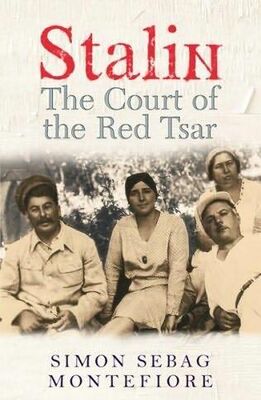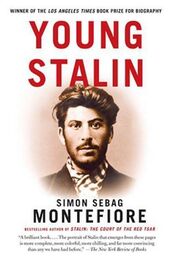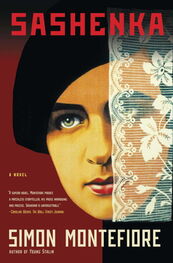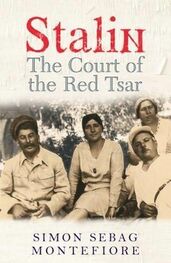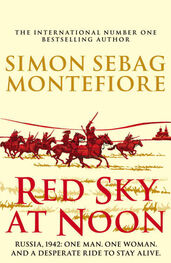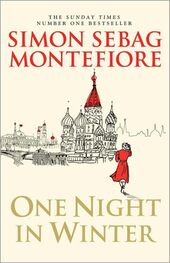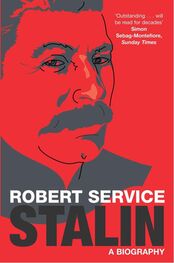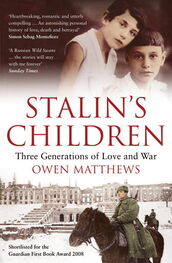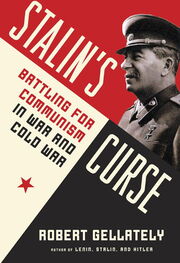Andreyev had appealed to Malenkov in January 1949 to “check the treatment… I don’t feel good despite following doctors’ orders. My head’s dizzy… I almost fall over. I’m disastrous. I feel the treatment and diagnosis is wrong…” He was probably right since the cocaine was clearly the wrong medicine. He signed off: “I’m devilishly unhappy to be out of work.”
Chikobava told Stalin that some of his Armenian colleagues had been sacked for sharing his views so Stalin immediately got the Armenian boss, Arutinov, on the telephone and asked about the professors. “They were removed from their posts,” replied Arutinov. “You were in too much of a hurry,” replied Stalin and hung up. The professors were woken up immediately and restored to their positions. His meeting with Chikobava probably took place on 12 April 1950 just as he was discussing the timing of the Korean War; Stalin’s article was published on 20 June that year. Chikobava’s original letter was sent to Stalin by Candide Charkviani, then Georgian First Secretary, which shows the power of those with direct access to the Vozhd .
Molotov opened the Congress, Kaganovich spoke on the Party rules, and Voroshilov closed it, representing the status quo, which few guessed that Stalin was planning to radically overturn. But there were clues. Significantly Stalin changed the Party’s name from Bolshevik to Communist Party. In the new Presidium, Beria slipped from his usual third place after Molotov, and Malenkov to fifth after Voroshilov. Beria’s acolytes Merkulov and Dekanozov were dropped from the new CC.
Yet Stalin still remembered his loyalest retainer Mekhlis, who had suffered a stroke in 1949. Now dying at his dacha, all he longed for was to attend the Congress. Stalin refused, muttering that it was not a hospital but when the new CC was announced, he remembered him. Mekhlis was thrilled—he died happy and Stalin authorized a magnificent funeral.
One of these heirs would probably have been Mikhail Suslov, fifty-one, Party Secretary, who combined the necessary ideological kudos (Zhdanov’s successor as CC Ideology and International Relations chief) with the brutal commitment: he had purged Rostov in 1938, supervised the deportation of the Karachai during the war, suppressed the Baltics afterwards and presided over the anti-Semitic campaign. In 1948, he frequently met Stalin. Furthermore, he was personally ascetic. Beria loathed this “Party rat,” bespectacled, tall and thin as a “tapeworm” with the voice of a “grating castrate.” Roy Medvedev makes the educated guess that Suslov was “Stalin’s secret heir” in his new Neizvestnyi Stalin but there is no evidence of this. Suslov helped overthrow the de-Stalinizing Khrushchev in 1964 and became the éminence grise of the re-Stalinizing Brezhnev regime right up until his death in 1982. At the Plenum, Brezhnev himself was one of the young names elected to the Presidium. On his title, Stalin got his way: afterwards he appeared as the first “Secretary” but no longer as “General Secretary,” a change that persuaded some historians that he lost power at the Plenum. Until recently, the only account of this extraordinary meeting was Simonov’s but now we also have the memoirs of Mikoyan, Shepilov and Efremov.
The “Midget” plunged with the same speed that he had risen to an obscure desk in the Ministry of State Control and was replaced by SA Goglidze. Earlier, Stalin turned against his instrument in the Mingrelian Case, Georgian MGB boss Rukhadze, who had boasted of his intimacy with the Vozhd . “The question of Rukhadze’s arrest is timely,” Stalin wrote to Mgeladze and Goglidze on 25 June 1952. “Send him to Moscow where we’ll decide his fate!” Riumin, Goglidze and Rukhadze were all shot after Stalin’s death.
Voroshilov, sacked and humiliated, seems to have respectfully resented Stalin too. His wife used to whisper that Stalin was jealous of Klim’s popularity—another unthinkable heresy.
Stalin diligently added the following phrases in his handwriting: “For a long time, Comrade Stalin warned us our success had shadows… Thoughtlessness is good for our enemies who sabotage us…” They were the “slavemasters and cannibals of U.S.A. and England… What about the people who inspired the killers? They can be sure we’ll repay them… As long as there is wrecking, we must kill thoughtlessness in our people.”
After Stalin’s death, Mikoyan told his sons that “if we didn’t have war when he was alive, we won’t have war now.” This was ironic since for all Stalin’s paranoia, inconsistencies and risk-taking in foreign policy, it was the clumsy and impulsive Khrushchev who brought the world closest to nuclear war during the Cuban Missile Crisis.
Evita had died of ovarian cancer on 26 July 1952.
Perhaps the other two waited outside in their ZiS. Ignatiev must also have been present. But already, it seems, Beria had taken control. No one knows who stopped the anti-Semitic media campaign that night. Suslov was the CC Secretary in charge of Ideology, but who ordered him to put it on hold? It remains a mystery.
Five telling letters were supposedly found under a sheet of newspaper in Stalin’s desk, Khrushchev told A. V. Snegov, who could only remember three of them to the historian Roy Medvedev. The first was Lenin’s letter of 1923 demanding that Stalin apologize for his rudeness to his wife, Krupskaya. The second was Bukharin’s last plea: “Koba, why do you need me to die?” The third was from Tito in 1950. It was said to read: “Stop sending assassins to murder me… If this doesn’t stop, I will send a man to Moscow and there’ll be no need to send any more.”
Khrushchev and Bulganin did protect Ignatiev who became a CC Secretary but Beria later managed to get him sacked for his part in the Doctors’ Plot. Yet he was merely reprimanded and sent to Bashkiria as First Secretary before moving on to run Tataria. Khrushchev presented him as a victim not a monster in his Secret Speech. Most of the top Chekists of the Doctors’ Plot, including Ogoltsov, who had commanded Mikhoels’ murder, and Ryasnoi were protected under Khrushchev, and later under Brezhnev. Khrushchev’s punishment of Stalin’s crimes was highly selective. Ignatiev received medals on his seventieth birthday in 1974. The luckiest of Stalin’s MGB bosses, he was the only one to die, respected, in his bed aged seventy-nine in 1983.
